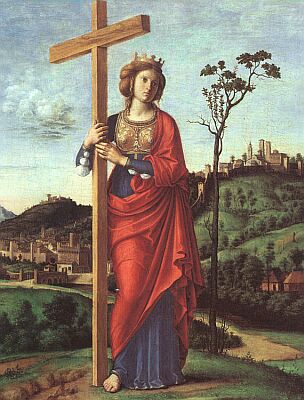Since my longing for martyrdom was powerful and unsettling, I turned to the epistles of St. Paul in the hope of finally finding an answer. By chance the 12th and 13th chapters of the 1st epistle to the Corinthians caught my attention, and in the first section I read that not everyone can be an apostle, prophet or teacher, that the Church is composed of a variety of members, and that the eye cannot be the hand. Even with such an answer revealed before me, I was not satisfied and did not find peace.
I persevered in the reading and did not let my mind wander until I found this encouraging theme: Set your desires on the greater gifts. And I will show you the way which surpasses all others. For the Apostle insists that the greater gifts are nothing at all without love and that this same love is surely the best path leading directly to God. At length I had found peace of mind.
When I had looked upon the mystical body of the Church, I recognised myself in none of the members which St. Paul described, and what is more, I desired to distinguish myself more favourably within the whole body. Love appeared to me to be the hinge for my vocation. Indeed I knew that the Church had a body composed of various members, but in this body the necessary and more noble member was not lacking; I knew that the Church had a heart and that such a heart appeared to be aflame with love. I knew that one love drove the members of the Church to action, that if this love were extinguished, the apostles would have proclaimed the Gospel no longer, the martyrs would have shed their blood no more. I saw and realised that love sets off the bounds of all vocations, that love is everything, that this same love embraces every time and every place. In one word, that love is everlasting.
Then, nearly ecstatic with the supreme joy in my soul, I proclaimed: O Jesus, my love, at last I have found my calling: my call is love. Certainly I have found my place in the Church, and you gave me that very place, my God. In the heart of the Church, my mother, I will be love, and thus I will be all things, as my desire finds its direction.- Checkout the Little Flower's Centenial site at EWTN.
- Check out the Wikipedia's article on St. Thérèse
- Read Pope John Paul II's Divini Amoris Scientia, the solemn declaration of St. Thérèse as Doctor of the Church, also at EWTN.
 Oh no! I've been discovered! "Un-closeted" in a manner of speaking.
Oh no! I've been discovered! "Un-closeted" in a manner of speaking. St. Michael the Archangel,
St. Michael the Archangel, 
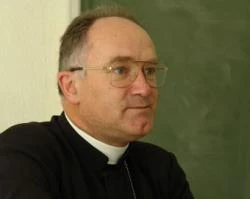
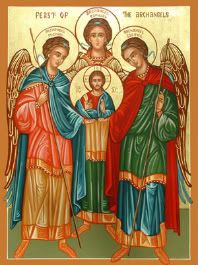









 Brothers and sisters, peace be with you. I read this short paragraph in Fr. Reginald Garrigou-Lagrange’s first volume of The Three Ages of the Spiritual Life that I thought would benefit you:
Brothers and sisters, peace be with you. I read this short paragraph in Fr. Reginald Garrigou-Lagrange’s first volume of The Three Ages of the Spiritual Life that I thought would benefit you: The Three Ages of the Interior Life (2 Volume Set) (9780895556547): Rev. Reginald Garrigou-Lagrange O.P.: Books
The Three Ages of the Interior Life (2 Volume Set) (9780895556547): Rev. Reginald Garrigou-Lagrange O.P.: Books
 Holy water is a
Holy water is a 



















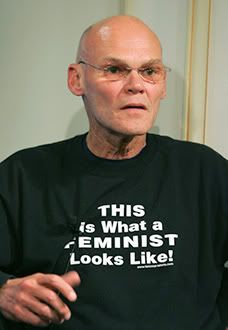 Today
Today 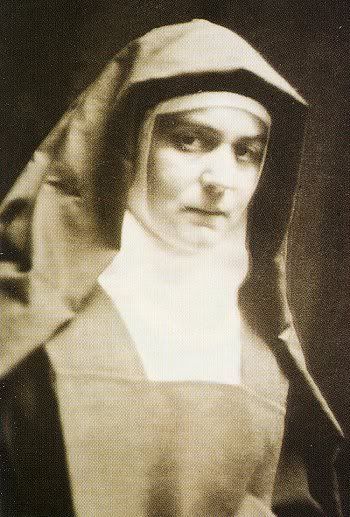 Feminine vocations
Feminine vocations


